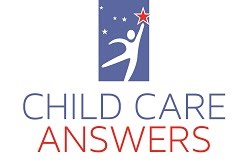- Children with involved, loving fathers are significantly more likely to do well in school, have healthy self-esteem, exhibit empathy and pro-social behavior, and avoid high-risk behaviors such as drug use, truancy, and criminal activity compared to children who have uninvolved fathers.
- Studies on parent-child relationships and child well being show that father love is an important factor in predicting the social, emotional, and cognitive development and functioning of children and young adults.
- 24 million children (34 percent) live absent their biological father.
Nearly 20 million children (27 percent) live in single-parent homes.
43 percent of first marriages dissolve within fifteen years; about 60 percent of divorcing couples have children; and approximately one million children each year experience the divorce of their parents. - Fathers who live with their children are more likely to have a close, enduring relationship with their children than those who do not.
- Compared to children born within marriage, children born to cohabiting parents are three times as likely to experience father absence, and children born to unmarried, non-cohabiting parents are four times as likely to live in a father-absent home.
- About 40 percent of children in father-absent homes have not seen their father at all during the past year; 26 percent of absent fathers live in a different state than their children; and 50 percent of children living absent their father have never set foot in their father's home.
- Children who live absent their biological fathers are, on average, at least two to three times more likely to be poor, to use drugs, to experience educational, health, emotional and behavioral problems, to be victims of child abuse, and to engage in criminal behavior than their peers who live with their married, biological (or adoptive) parents.
5 years ago









No comments:
Post a Comment